The views expressed in our content reflect individual perspectives and do not represent the authoritative views of the Baha'i Faith.
O Son of Man! If adversity befall thee not in My path, how canst thou walk in the ways of them that are content with My pleasure? If trials afflict thee not in thy longing to meet Me, how wilt thou attain the light in thy love for My beauty?
O Son of Man! My calamity is My providence, outwardly it is fire and vengeance, but inwardly it is light and mercy. Hasten thereunto that thou mayest become an eternal light and an immortal spirit. This is My command unto thee, do thou observe it.
O Son of Man! Should prosperity befall thee, rejoice not, and should abasement come upon thee, grieve not, for both shall pass away and be no more.
O Son of Being! If poverty overtake thee, be not sad; for in time the Lord of wealth shall visit thee. Fear not abasement, for glory shall one day rest on thee. – Baha’u’llah, The Hidden Words, pp. 15-16.
No one escapes suffering and tragedy in this physical existence.
In family relations, in health-related concerns, in poverty or in prosperity, none of us has immunity from pain and suffering. As human beings, we all share the experience of dealing with adversity, trouble and tragedy. This physical world constantly presents us with trials and tribulations, that inescapable part of the human condition.
True religion recognizes that reality and attempts to teach us how to deal with the inevitable suffering of life.
Buddhism, for example, concerns itself almost entirely with alleviating the impact of suffering on the human soul. Buddhism’s Four Noble Truths tell us that suffering exists; that the cause of our suffering is desire and ignorance; and that the cure for human suffering involves developing the mind’s capacity for understanding and insight; then walking the path of spiritual actions (which Buddha called the Eightfold Path) to seek true enlightenment. The core of the Buddhist remedy for suffering, much like the Baha’i remedy, involves detachment from the material world, which Buddha said was the source of all suffering:
Do not follow a life of evil; do not live heedlessly; do not have false views; do not value worldly things. In this way one can get rid of suffering. Gautama Buddha, Dhammapada, v. 167.
Baha’u’llah gives us a similar and beautifully nuanced set of spiritual teachings in the four Hidden Words above. “If prosperity befalls thee…” or “If poverty overtake thee,” he asks, we should endeavor to recognize that this world of impermanence will eventually pass away; and actually welcome personal adversities and calamities as constant reminders, tests and challenges to remain detached from those temporary conditions.
In the original Sanskrit of the Buddhist teachings, Buddha used the word dukkha—which not only means suffering or pain, but also impermanence (viparinama) or conditional, changeable states of being (samkhara). In exactly the same way, Baha’u’llah’s Hidden Words caution us against attaching our hearts and souls to those transient things, states and conditions that “shall pass away and be no more.”
This earth and its changes do not last, Baha’u’llah and the Buddha both ask us to comprehend and internalize. Our task, through the pain and suffering those changes bring, involves shifting our focus, our love and our allegiance from this temporary, impermanent world to the eternal spiritual one:
O friend, the heart is the dwelling of eternal mysteries, make it not the home of fleeting fancies; waste not the treasure of thy precious life in employment with this swiftly passing world. Thou comest from the world of holiness — bind not thine heart to the earth; thou art a dweller in the court of nearness — choose not the homeland of the dust. – Baha’u’llah, The Seven Valleys, p. 34.
Although outwardly cataclysms are hard to understand and to endure, yet there lies a great wisdom behind them which appears later. All the visible material events are inter-related with invisible spiritual forces. The infinite phenomena of creation are as interdependent as the links of a chain.
When certain links become rusty, they are broken by unseen forces, to be replaced by newer and better ones. There are certain colossal events which transpire in the world of humanity which are required by the nature of the times. For example, the requirements of winter are cold, snow, hail and rain – but the birds and animals who live for six months, enjoying a short span of life, not realizing the wisdom of winter, chide and make lament and are discontent, saying, “Why this awful frost? Why this hail and storm? Why not the balmy weather? Why not the eternal springtime? Why this injustice on the part of the creator? Why this suffering? What have we done to be meted out with this catastrophe?”
However, those souls who have lived many years and have acquired much experience and have weathered many severe winters realize that in order to enjoy the coming spring they must pass through the cold of winter. – Abdu’l-Baha, Divine Philosophy, p. 115.
You May Also Like
Comments








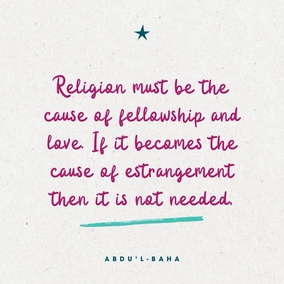
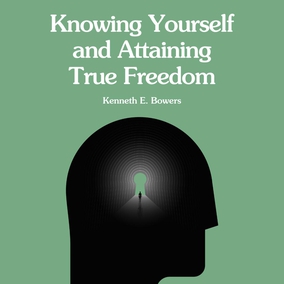
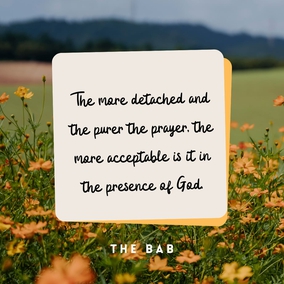
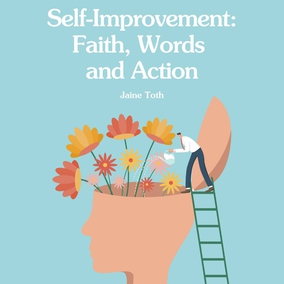

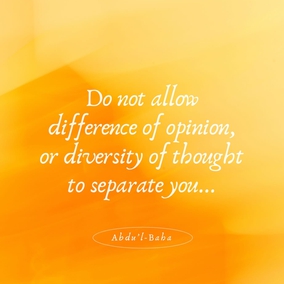
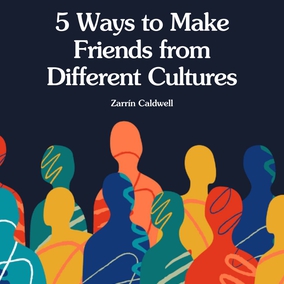
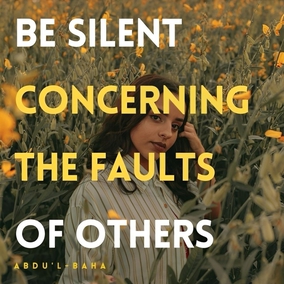

my email is [email protected]
Moro